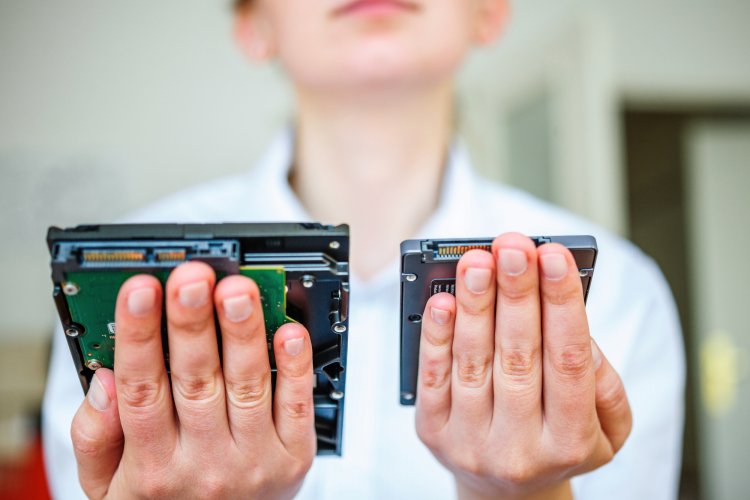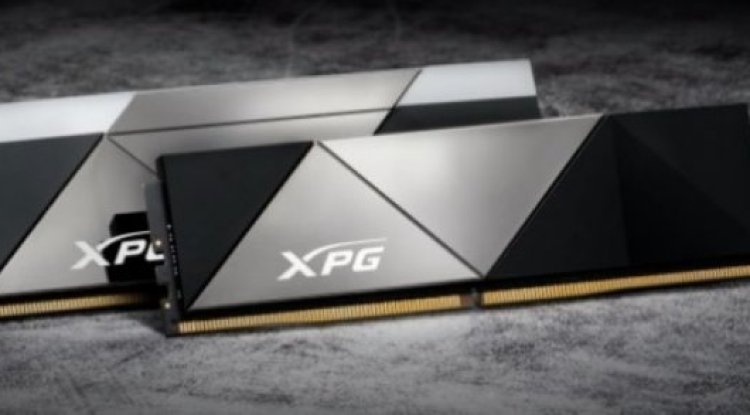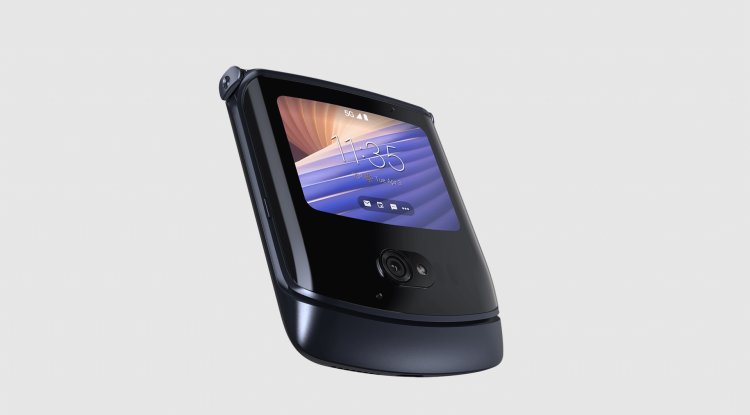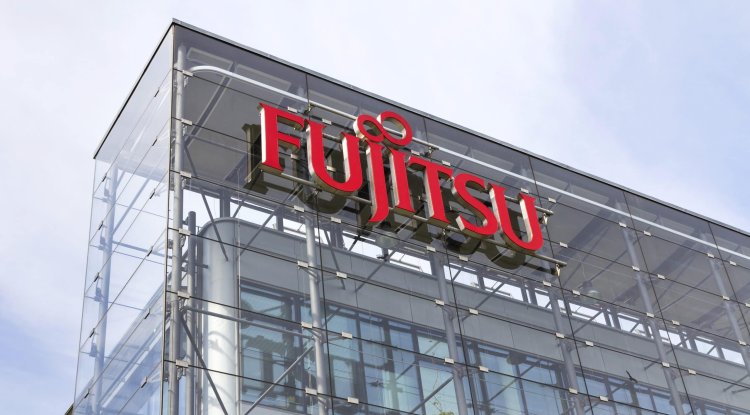Windows 11 & death of HDDs: After 2023, will there only be new PCs with SSDs?
According to a letter from Trendfocus, industry analysts for data storage, OEMs such as Asus, Dell, HP, and Co. should exclusively provide new ready-made PCs with SSDs rather than HDDs after 2023, in accordance with Microsoft's intentions.

In March 2022, the final version of the Direct Storage API developer interface has been released. As a result, there may be PC games that use this capability to load faster and perhaps enable new open game worlds.
Forspoken, a fantasy action role-playing game by Square Enix, will be one of the first PC games to officially utilize Direct Storage. To use the feature, you must have an NVMe SSD and a graphics card that supports Shader Model 6.0 and DirectX 12. Some features should be accessible for Windows 10 as well.
All Direct Storage functions, however, are only available with Windows 11 or the Xbox Series X|S. OEMs such as Asus and Dell are only allowed to introduce new PCs and laptops with SSDs rather than HDDs beginning in 2024. At least, according to data storage industry experts Trendfocus, as reported by the Toms Hardware website.
Microsoft only specifies that the built-in RAM must have a capacity of at least 64 GB in the official system requirements for Windows 11. But it makes no difference whether they are SSDs or hard drives. Only certain services, such as Direct Storage or the Windows Subsystem for Android, require the use of an SSD.
Although the OEM partners are unlikely to release any new PCs with HDDs before 2024, this is merely the system drive. As a result, PCs can continue to be offered with a combination of SSD and HDD.
According to Trendfocus Vice President John Chen, a low-cost SSD with 256 gigabytes of storage space should now cost the same as an HDD with 1,000 gigabytes of storage space for OEMs. As a result, in the future, manufacturers may decide to equip low-cost laptops and PCs with a fast SSD rather than a slow HDD.
However, hard drives continue to have a lower cost per gigabyte, and there are multiple terabytes of storage space available for relatively little money.




























